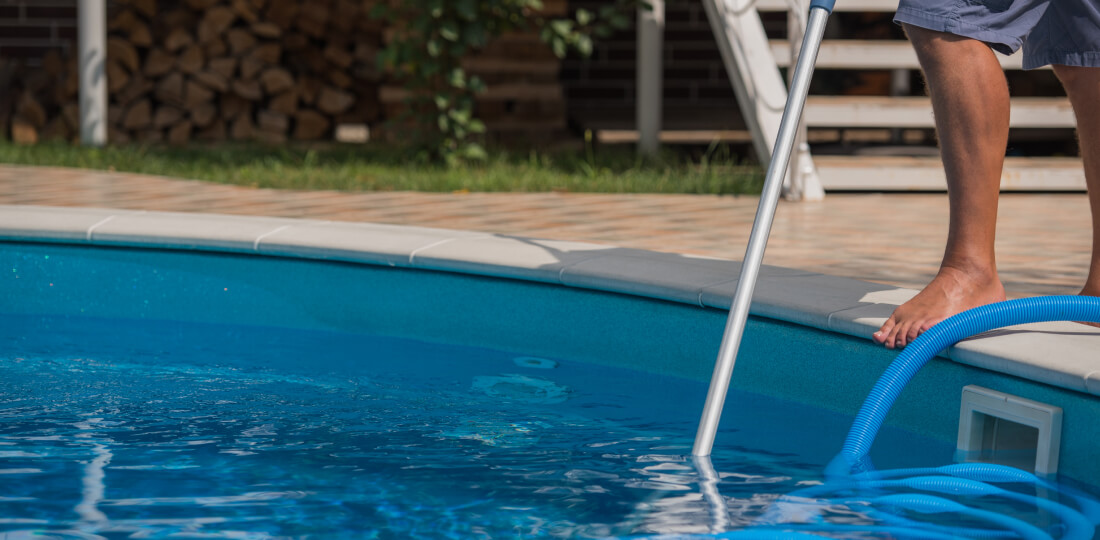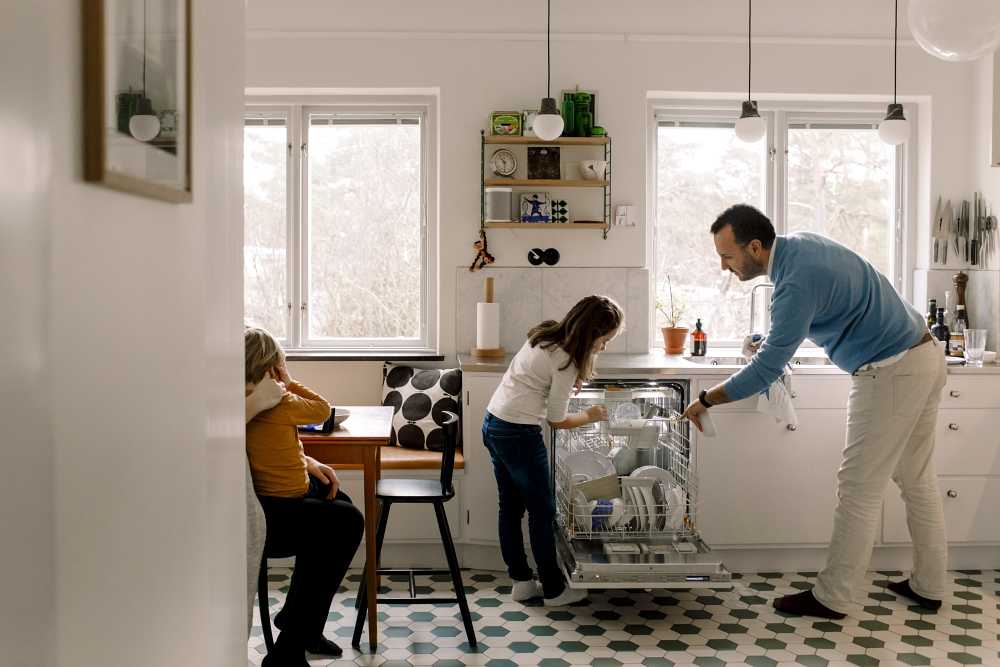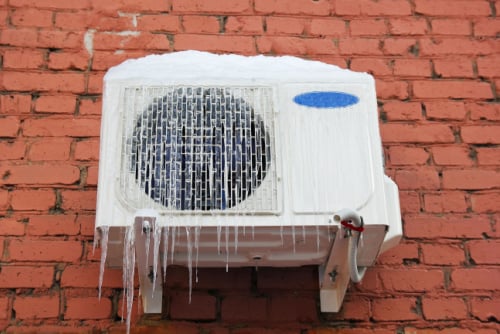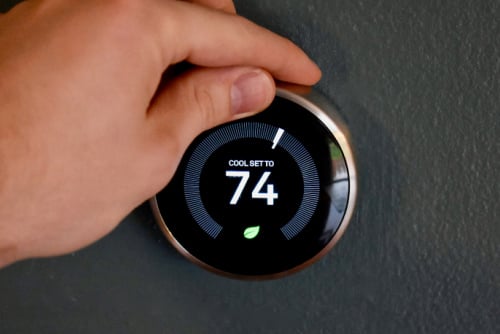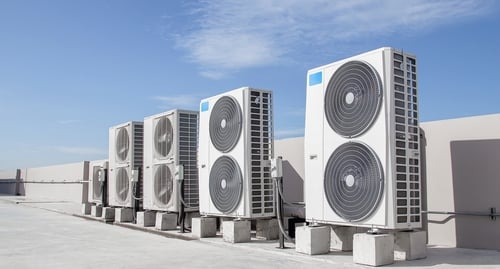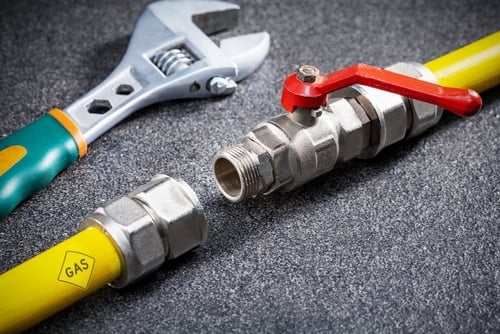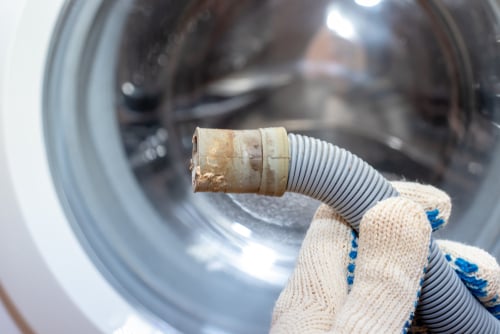Learn pool basics with this handy guide.
A few rules to help you maintain your pool.
Planning to install a swimming pool? Just moved into a house with one? It can be a great investment and a relaxing experience, but it isn’t all backstrokes and Blue Hawaiians. If you want to keep your pool looking good and running smoothly, you need to maintain it properly—all year round. Here are some daily, weekly and monthly tips to help keep you in the swim.
Every day: Take a little off the top.
Use a net to fish out debris like leaves and twigs. You’ll not only keep your pool looking great, you’ll keep things circulating, reducing the need for added chemicals. Unless you have a pool cover, you’ll want to stick to this routine all year round—unless you cover your pool in the off season. Additionally, watch the water level, as pools can lose water to evaporation, especially on hot days. But if yours continually needs to be topped off, there might be a leak. Think about calling a professional.
Every week: Give it a beauty sweep.
To keep your pool in pristine condition, use a manual or automated vacuum. If you can vacuum a rug, you can vacuum a pool. Just run it on the surface of the pool to suck up dirt and debris.
Also, test your pool’s chemical balance weekly and adjust as needed.
Every month: Look for signs of trouble.
Cracks can cause leaks, which can drain your savings. The earlier you catch them, the better. Start by checking your entire filter system area—pool pump, filter, heater, chlorinator and any O-rings or connections where you might be losing water.
Saltwater pool? Keep a healthy balance.
A saltwater pool isn’t about pretending you’re swimming in the ocean. It means that instead of adding chlorine, you add salt, which the generator converts to chlorine. Saltwater pool daily and weekly maintenance is pretty much the same as a for a regular pool. But every month, you should check:
- Salinity levels. Use a salt meter to make sure it’s around 3200 parts per million.
- pH levels. The optimal pH for saltwater pools is 7.4. Grab a pH tester kit at your local hardware store.
- Calcium hardness. Drain some water; if the calcium level is too low or too high, add a chemical agent or hardness increaser, available at your local hardware or pool store.
At Frontdoor, we know you love getting things done around the house. Staying in control of your to-do list is easier when you can keep the small things from turning into bigger—and more expensive—ones. We’re here to make it easier to prevent problems instead of reacting to them. We help you gain the peace of mind that comes with staying on top of your home’s health.
Want to learn more about how to take care of your backyard swimming pool—or jump into any other DIY project? Download the app if you haven’t already, and chat with a helpful, friendly Frontdoor expert.
Frontdoor assumes no responsibility, and specifically disclaims all liability, for your use of any and all information contained herein.
Was this article helpful?
